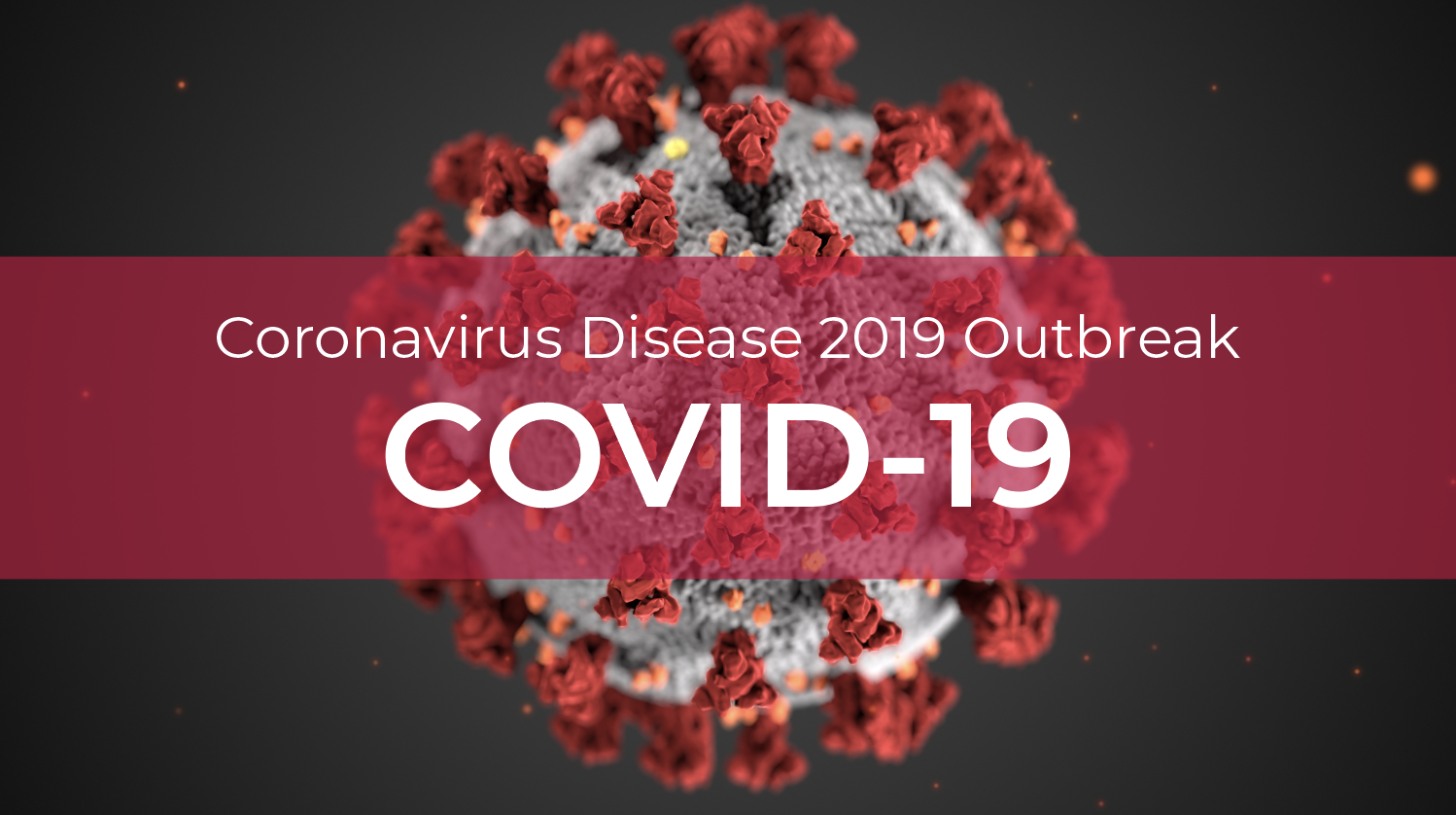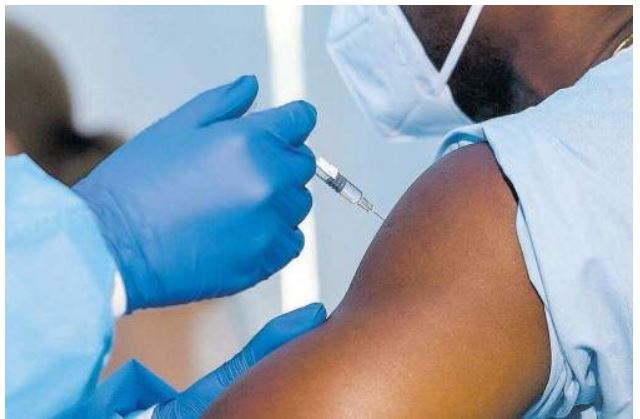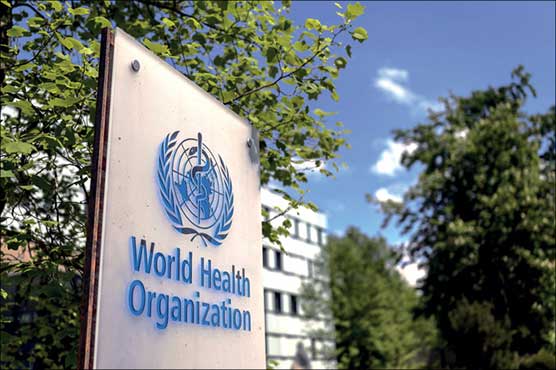The health and wellness ministry has asked Cuba to provide 100 nurses to help man local intensive care units (ICUs) which will be critical in treating Jamaica’s most severe cases of COVID-19.
“We have approached at least one of our significant partners, Cuba, and we are exploring, as we speak, the possibility of having a contingent from that jurisdiction to be a part of the overall contingent to bolster [the numbers],” Health and Wellness Minister Dr Christopher Tufton said yesterday after a breakfast briefing on the ministry’s plans to engage the media in consistently and accurately educating the public about the virus.
He was unable to say when the nurses would arrive in the island.
He was speaking less than an hour before 11 a.m. lab tests confirmed the island’s first imported case of the respiratory virus that has killed more than 4,000 people since it surfaced in Wuhan, China, last December. As of yesterday, the World Health Organization said there are more than 113,000 confirmed cases in 110 locations worldwide.
Under Jamaica’s $2 billion COVID-19 Comprehensive Response Plan announced on March 8, the projections, based on the country’s experience with the H1N1 virus in 2009, are that roughly 360 people will need critical care in one year.
This has triggered concerns that the island’s already overburdened ICU nurses may not be enough to cope with the additional cases of severe acute respiratory distress. Yesterday, Tufton described the 100 nurses being sought from Cuba to fill the gap as a “substantial number”.
He also expressed confidence that, despite the global shortage of medical supplies such as respiratory drugs, gloves, and masks, adequate numbers will be available after the three-month supply on hand runs out.
“We have others on order,” he said. “We have traditional partners that we are working with… and this is what the NHF (National Health Fund) reported to me, so I believe they know exactly what they are doing, so I leave it there.”
During the morning briefing, the health and wellness minister also spoke of the strong likelihood that some non-critical hospital patients and the “several hundred” who are “social cases” would need to be discharged once the need arises to care for critical cases of COVID-19.
“We will need to reprioritise hospital space. This means we will have to send people home or to other institutions we create,” he said, adding that the issue would have to be handled with a certain degree of sensitivity to avoid the perception that those making the call “are playing God”.
According to the ministry, four quarantine facilities have been identified so far with plans to add more, and they are in the final stages of retrofitting isolation facilities in each of the country’s public hospitals.




